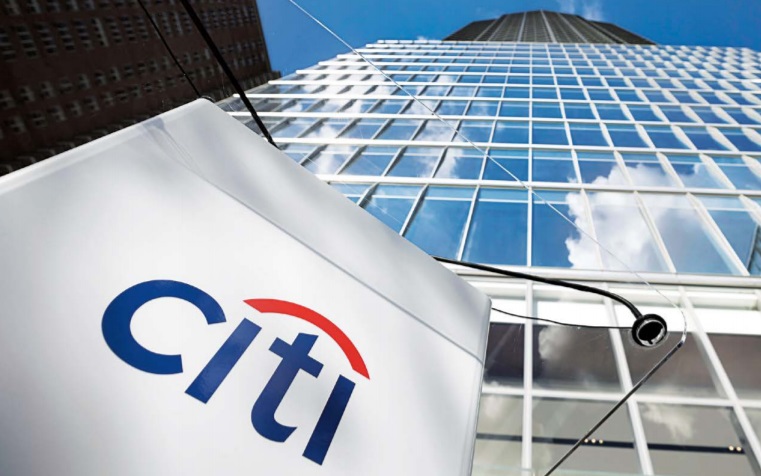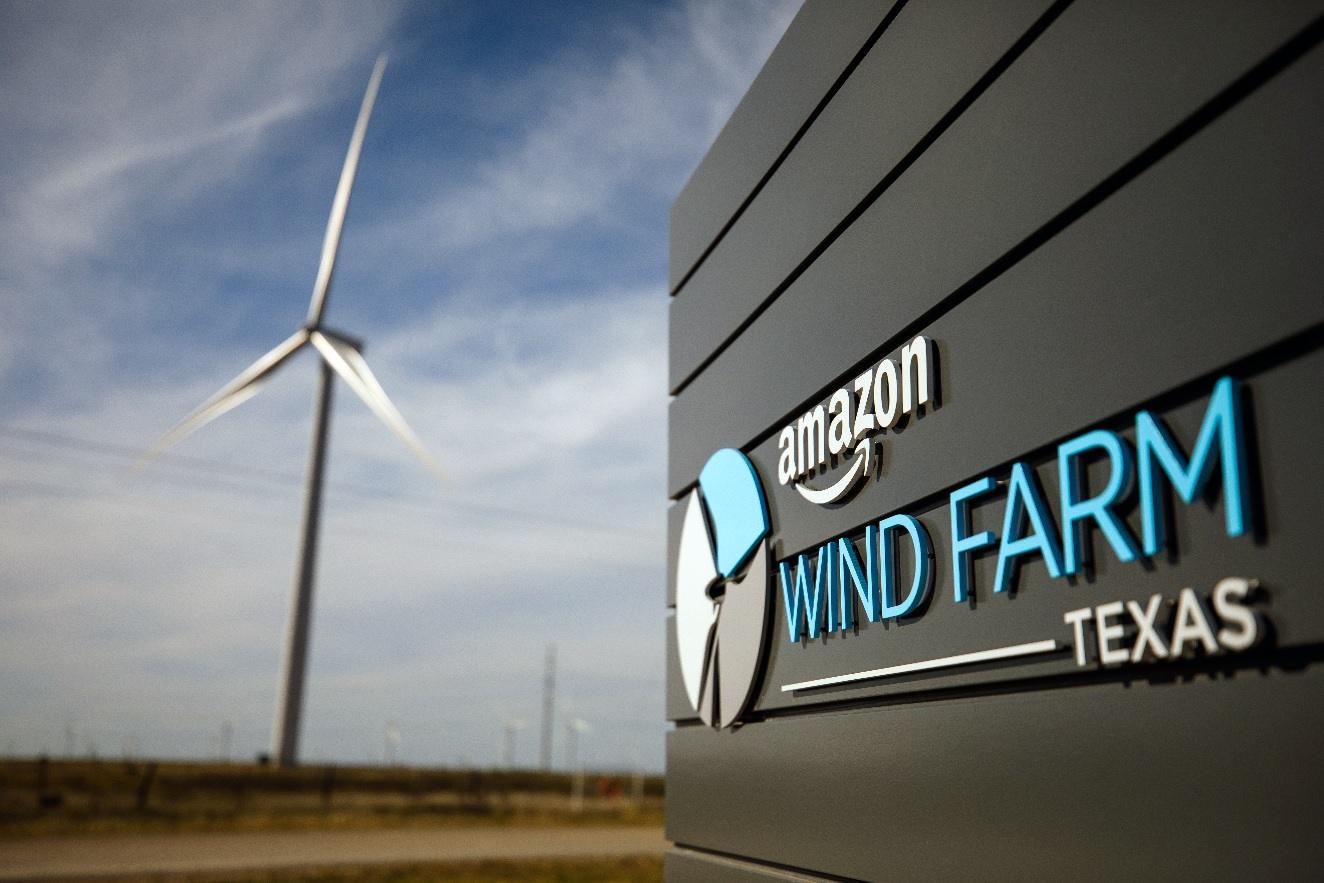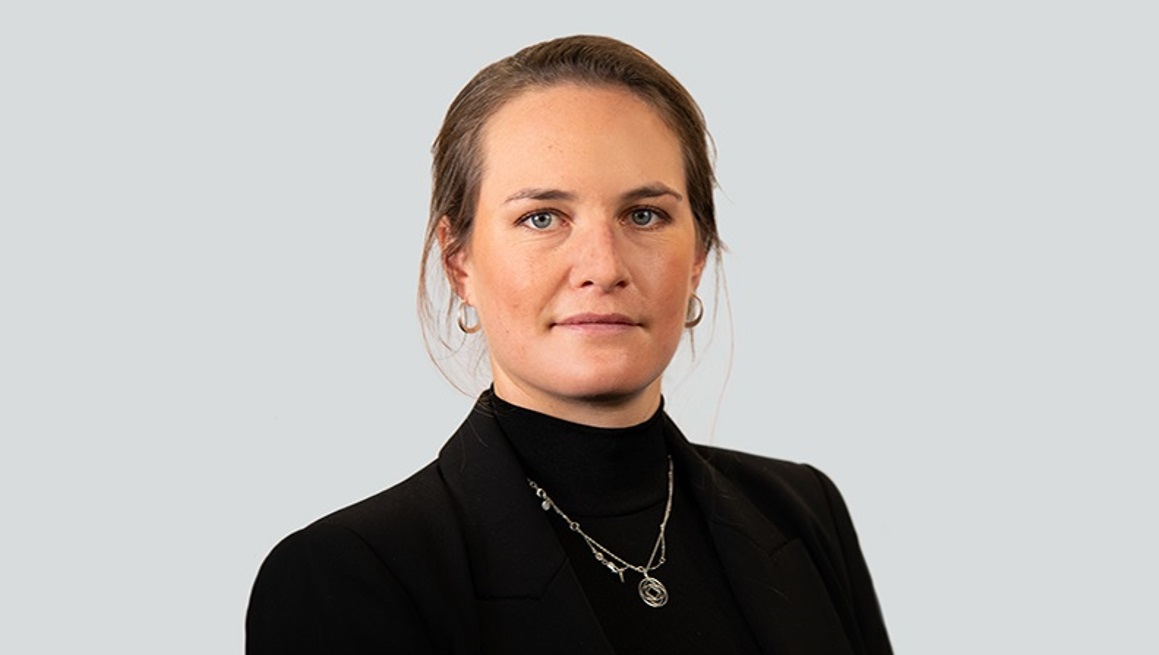Citi’s New CEO Commits to Net Zero Banking on Day 1
On her first day as CEO at financial services giant Citi, Jane Fraser announced a significant new climate commitment for the bank, establishing a 2050 net zero greenhouse gas (GHG) financing target.
With this new commitment, Citi joins other major Wall Street banks who have recently announced net zero financing goals. In February, Bank of America launched a series of interim targets forming the initial steps on the bank’s path to achieving net zero in its financing activities, operations and supply chain by 2050. Similarly, Morgan Stanley set a 2050 target for net zero financed emissions in September, and JPMorgan announced in October that it would align its financing activities with the goals of the Paris Agreement.
Citi’s move also send a strong message to banks that have yet to commit to net zero, such as Goldman Sachs and Wells Fargo.
In a blog post unveiling Citi’s new climate goals, Fraser wrote:
“The climate crisis is among the top critical challenges facing our global society and economy today and there is an urgent need for collective action.
“We believe that global financial institutions like Citi have the opportunity – and the responsibility – to play a leading role in helping drive the transition to a net zero global economy and make good on the promise of the Paris Agreement.”
Citi’s new commitments include publishing its net zero plan within the next year, encompassing emissions reduction targets for carbon-intensive sectors that also have low-carbon transition opportunities, including interim emissions targets for 2030 for the bank’s Energy and Power portfolios. Following an initial implementation period, the bank will review the scope of its net zero plan to assess which additional sectors to include and how best to incorporate additional areas of its business in a way that achieves meaningful emissions reductions in the real economy as part of a just transition. For its own operations, Citi is targeting net zero emissions by 2030.
Fraser said:
“As the world’s most global bank, we are interconnected with many carbon-intensive sectors that continue to help drive global economic development. We are committed to bringing as many clients as we can along with us on this journey and working with them relentlessly to get it right. We also know that staying on this path and accomplishing this goal will require help from our full set of stakeholders – our clients, colleagues, investors, NGO partners, communities and especially policy makers, as durable climate policy is essential for enabling a net zero economy where we can all thrive.”





